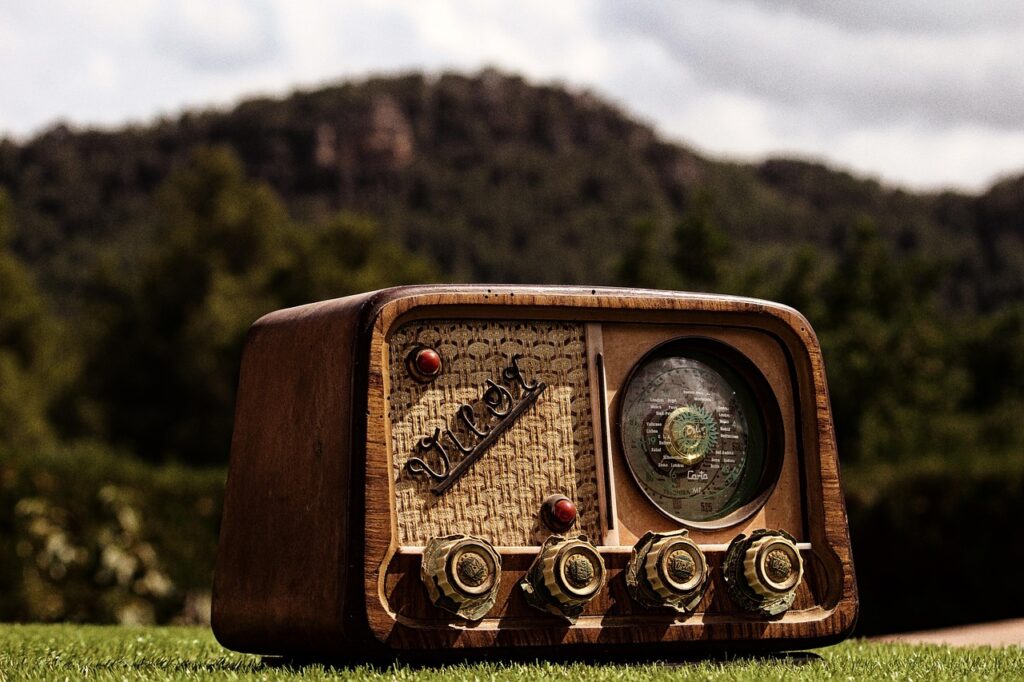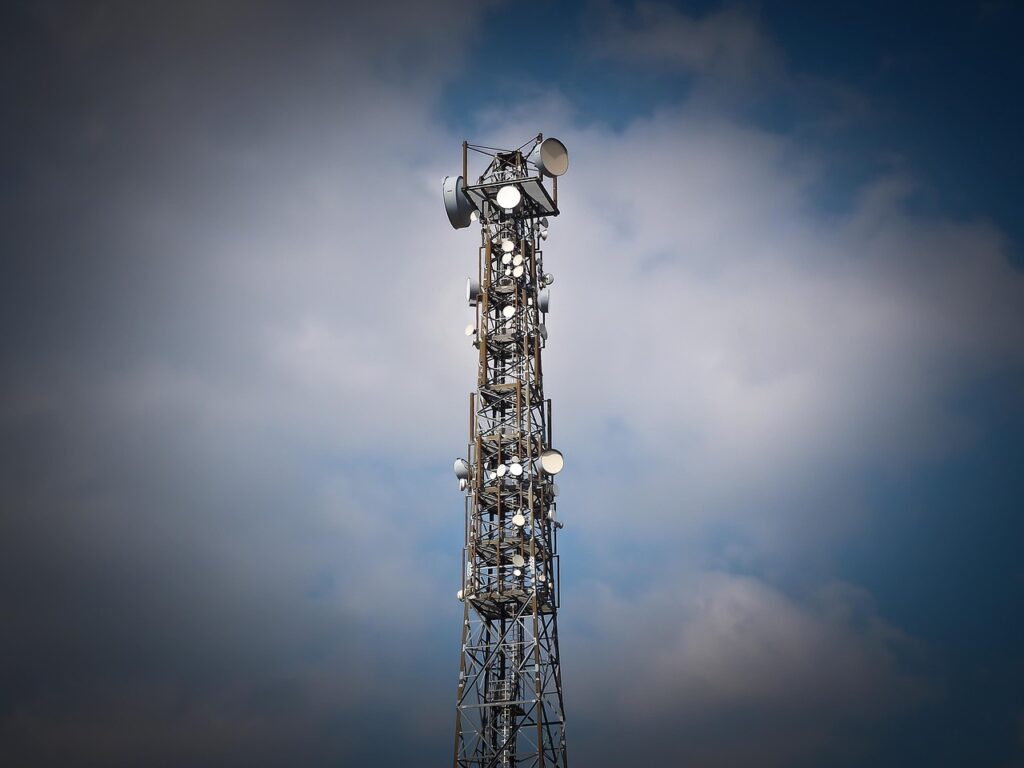
Radio advertising remains one of the most effective ways to reach a wide audience, especially in Nigeria where millions tune in daily for news, music, and talk shows. Despite the rise of digital marketing, radio still holds incredible power to influence consumer behavior, shape opinions, and build strong brand recognition.
For businesses looking to maximize their visibility, mastering radio advertising requires a careful blend of creativity, strategy, and consistency. This guide explores essential insights and strategies that businesses can use to succeed with radio ads in Nigeria and beyond.
1. Why Radio Advertising Still Matters

In an age dominated by social media, podcasts, and streaming, some brands overlook the value of radio. However, radio continues to be one of the most accessible and trusted media channels in Nigeria.
Here’s why radio advertising remains relevant:
- Mass Reach: Millions of Nigerians listen daily across urban and rural areas.
- Affordability: Radio ads are often cheaper to produce than TV or outdoor ads.
- Local Connection: Regional stations allow brands to target specific communities.
- Trust Factor: Radio personalities hold influence, and their endorsements build credibility.
For small and medium-sized businesses, radio provides an affordable platform to grow brand awareness and connect with diverse audiences.
2. Key Elements of Effective Radio Ads
A successful radio ad must strike the right balance between creativity and clarity. Since listeners cannot see visuals, the script, tone, and delivery must do all the work. Essential elements include:
- Catchy Opening: The first 5 seconds determine if the audience will listen or tune out.
- Clear Messaging: Simplicity is key—avoid overloading with too many details.
- Strong Call-to-Action (CTA): Whether it’s visiting a store, calling a number, or following on social media.
- Memorable Jingle or Slogan: Music and repetition improve recall.
- Authentic Voiceovers: Relatable voices create trust and connection.
3. Understanding the Nigerian Radio Landscape
Nigeria has hundreds of radio stations catering to different demographics, languages, and interests. From Lagos-based Cool FM to northern stations like Freedom Radio, the diversity allows advertisers to connect with specific audiences.
Agencies often categorize stations into:
- Urban Stations: Popular in cities, reaching younger and middle-class listeners.
- Regional Stations: Targeting rural or semi-urban communities, often in local languages.
- Niche Stations: Focused on music genres, talk shows, or religious content.
Choosing the right station depends on the product, audience, and campaign objectives.
4. Advantages of Radio Advertising
Working with radio gives brands unique advantages compared to other channels:
- High Frequency Exposure: Ads can be repeated multiple times daily.
- Immediacy: Perfect for time-sensitive promotions like holiday sales or events.
- Flexibility: Campaigns can be adjusted quickly if needed.
- Emotional Connection: Radio presenters and jingles foster familiarity and trust.
- Accessibility: Radio reaches areas with low internet penetration, making it inclusive.
5. Strategies for Mastering Radio Advertising
To maximize results, businesses should approach radio ads strategically. Here are proven strategies:
a) Define Your Target Audience
Who do you want to reach? Young professionals in Lagos, market traders in Kano, or students across Nigeria? The clearer your audience definition, the more effective your ad placement will be.
b) Craft a Compelling Script
The script is the heart of your radio ad. Use storytelling, humor, or problem-solving to grab attention. Keep sentences short and conversational.
c) Use the Power of Repetition
Repetition improves brand recall. Agencies recommend airing ads during peak hours (morning and evening drives) and repeating the same message for consistency.
d) Collaborate with Radio Personalities
Influential presenters can give live mentions or endorsements, making the ad more personal and credible.
e) Combine Radio with Other Channels
Integrate your radio campaign with billboards, social media, and influencer marketing for a stronger impact. For instance, a brand can run a radio jingle and encourage listeners to join a trending hashtag campaign online.
6. Common Mistakes to Avoid in Radio Advertising
While radio offers many opportunities, some businesses fall into common traps:
- Overloading with Information: Too many details confuse listeners.
- Weak Call-to-Action: Ads that don’t direct people clearly underperform.
- Poor Audio Quality: Bad sound or unprofessional voiceovers reduce trust.
- Wrong Station Choice: Advertising a luxury product on a rural station may miss the mark.
- Inconsistent Campaigns: Running an ad only once or twice rarely delivers results.
7. Measuring the Effectiveness of Radio Ads
Unlike digital campaigns, radio doesn’t provide instant clicks or analytics. However, businesses can still measure effectiveness through:
- Promo Codes: Offering discounts with radio-exclusive codes.
- Tracking Call Volume: Monitoring calls after ads air.
- Surveys & Feedback: Asking customers where they heard about the brand.
- Sales Spikes: Comparing sales before, during, and after campaigns.
Agencies often combine these methods with digital tracking to evaluate ROI.
8. The Future of Radio Advertising in Nigeria
While digital media is growing, radio is also evolving. Modern stations now stream online, use mobile apps, and integrate with social media. This hybrid model allows advertisers to reach both traditional listeners and digital audiences.
Future trends include:
- Interactive Ads: Listeners engaging via SMS, WhatsApp, or social polls.
- Localized Content: More campaigns in indigenous languages for deeper connection.
- Cross-Platform Integration: Linking radio ads to YouTube or TikTok campaigns.
- Data-Driven Targeting: Stations providing advertisers with listener insights.
Brands that adapt to these changes will continue to benefit from radio’s influence.
9. Final Thoughts: Maximizing Radio Advertising Success
Mastering radio advertising is about clarity, creativity, and consistency. While digital platforms may dominate headlines, radio remains one of the most effective tools for connecting with Nigerian consumers across all demographics.
By choosing the right stations, crafting powerful messages, and integrating campaigns across multiple channels, businesses can unlock the full potential of radio. For brands that want affordability, reach, and emotional impact, radio advertising continues to be a winning strategy.
When done right, radio doesn’t just sell products it builds trust, loyalty, and a lasting presence in the minds of consumers.